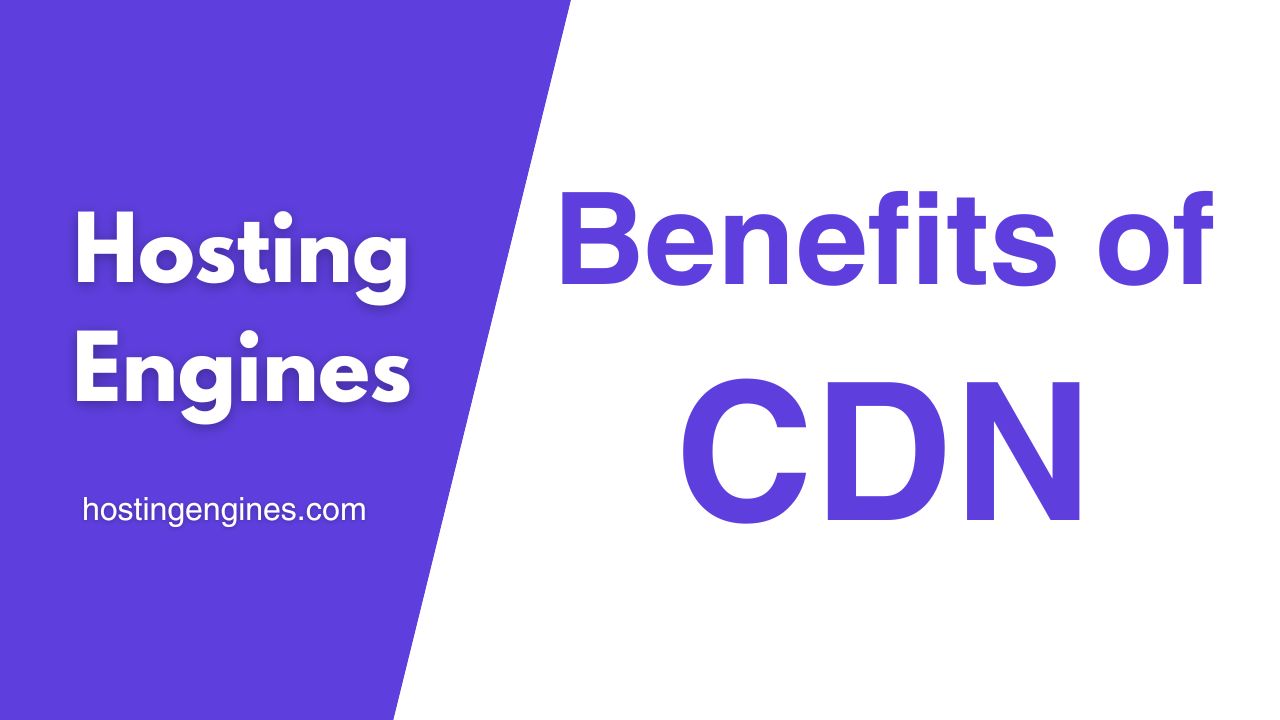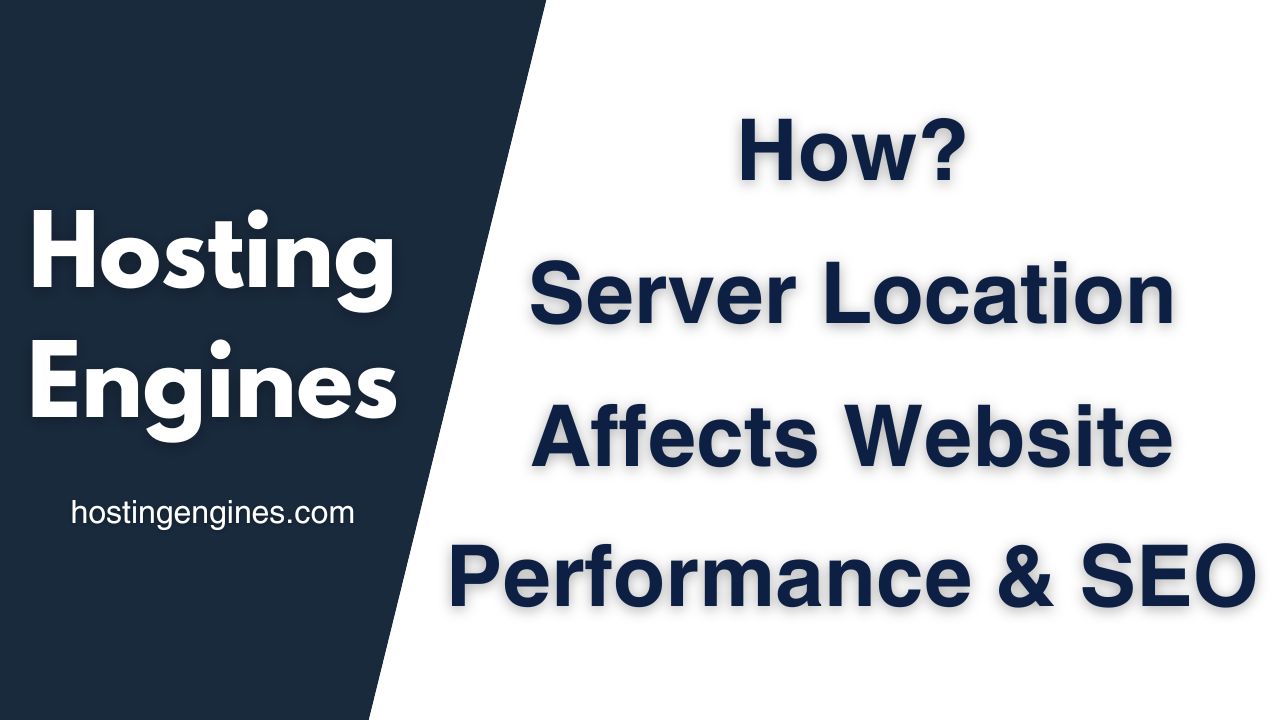The main goal for using CDN is for better performance and loading speed. It is a system of distributed servers that deliver web content to users based on their geographical location.
This is done by caching content at multiple locations, reducing the distance between the user and the server, and resulting in faster web page load times.
CDNs also help in balancing traffic loads, enhance security, and reliability, and have many benefits as shown below.
What is CDN?
Content Delivery Network (CDN) is a network of servers placed and distributed across various geographical locations to improve the delivery speed and reliability of web content to users regardless of their geographical location by caching content in multiple data centers around the world.
The core idea behind a CDN is to enhance the speed and efficiency of content delivery by minimizing the distance between the user and the server hosting the content.
By doing so, it significantly reduces latency and the time it takes for data to travel from the server to the user’s device, thus, improving site load times.
How Does CDN Work?
CDN works by distributing a website’s content across a network of servers located in various geographical areas. These servers store a cached version of the content, bringing it geographically closer to users.
The caching mechanism of CDNs allows for the temporary storage of copies of web content, enabling quick delivery without having to repeatedly fetch it from the original server.
When a user requests a webpage or file, the CDN directs these requests to the nearest server, based on the user’s proximity to these servers.
This is especially crucial for websites with a global audience, as it ensures that a user in Asia, for example, can access content as quickly as a user in North America, even if the main server is in the USA.
Benefits of Using CDN On Website Hosting
1. Improve Website Speed:
One of the primary advantages of using a CDN is the drastic improvement in page load times. It improves website speed by reducing the distance data has to travel to reach the user.
When a website employs a CDN, its content is stored on multiple servers distributed globally. As a result, when a user accesses the site, the content is delivered from the server closest to their location.
This reduces latency, the time taken for data to travel from the server to the user, leading to faster load times.
2. Boost SEO Rankings:
CDN can improve website reliability, uptime, and speed, and this is exactly what search engines like resulting in better rankings.
Search engines, such as Google, consider loading time as a ranking factor. A faster website provides a better user experience, which is a key metric for search engine algorithms.
This faster performance can lead to improved engagement metrics, such as lower bounce rates and longer session durations, which are positive signals to search engines.
CDNs also can improve website reliability and uptime, another factor considered by search engines. By distributing the content across multiple servers, CDNs reduce the risk of site downtime or performance issues due to server overload, especially during traffic spikes.
3. Improve Reliability and Uptime:
Here’s how?
- Firstly, because the content is stored on multiple servers, the risk of a single point of failure is reduced. If one server experiences issues or goes down, the CDN can automatically reroute the traffic to another server in the network without any noticeable disruption to the end user. This ensures that the website remains accessible.
- Secondly, CDNs are capable of handling large volumes of traffic. They can distribute the load across various servers, preventing any one server from becoming overwhelmed. This is beneficial during traffic surges and traffic spikes.
- Thirdly, providers made CDNs capable of defending against certain types of cyber attacks, such as DDoS attacks, thus, the website remains available and accessible even under malicious traffic conditions.
Read: why Uptime is important?
4. Global Reach with Consistent Performance:
Have audiences, users, or customers in New York, Tokyo, and Paris? Or in the other part of the world? No worries! With a CDN, your website performs consistently regardless of where your audience is.
It’s like having multiple storefronts across the entire world, each ready to serve local visitors.
5. Reduce Server Load and Save Bandwidth:
CDN can significantly cut down on bandwidth usage by serving cached content from their servers. It caches static content like images, CSS, and JavaScript files across its network of servers.
When a user accesses your website, the CDN serves this cached content from the server closest to them.
This approach means that a large portion of the traffic is handled by the CDN rather than your primary server.
As a result, the load on your primary server is reduced leaving it to manage and process dynamic content requests more efficiently.
Other CDNs go even further in improving content delivery by optimizing the website’s cached content. This includes compressing images, minifying CSS and JavaScript files, and using techniques like GZIP compression.
6. Improve Security and DDoS Protection:
A CDN’s architecture not only improves website speed and reduces server load but also plays a crucial role in safeguarding websites against various online threats, particularly DDoS attacks.
Cyber attacks aim to overwhelm and incapacitate a website by flooding it with massive amounts of traffic. A CDN can absorb and distribute this traffic across its extensive network of servers, thereby diluting the impact of the attack.
Furthermore, CDNs often include built-in security measures such as Web Application Firewalls (WAFs), which provide an additional layer of protection.
7. Cost-Effective Scaling:
As websites grow and attract more traffic, they face the challenge of scaling their infrastructure to meet increasing demand while keeping costs manageable. CDNs provide a solution that allows for efficient and economical scaling.
When using a CDN network, websites can handle high traffic volumes without the need to purchase and maintain additional hardware.
Also, since CDNs cache content and deliver it from servers closest to the user, they reduce the amount of data that needs to be transferred from the origin server, leading to lower bandwidth usage and, consequently, lower costs.
Read: Hidden costs of website hosting and how to avoid them
Conclusion
Integrating a CDN with your web hosting service is a game-changer for websites seeking better performance, global reach, and better security.
CDNs offer many benefits including improved website speed, boosted SEO rankings, and consistent performance across different geographical locations.
The ability of CDNs to efficiently manage traffic loads, reduce server burden, and provide cost-effective scaling solutions makes them an indispensable tool for modern web hosting.
Moreover, their role in improving website security, particularly against DDoS attacks, adds an extra layer of trust and reliability.






